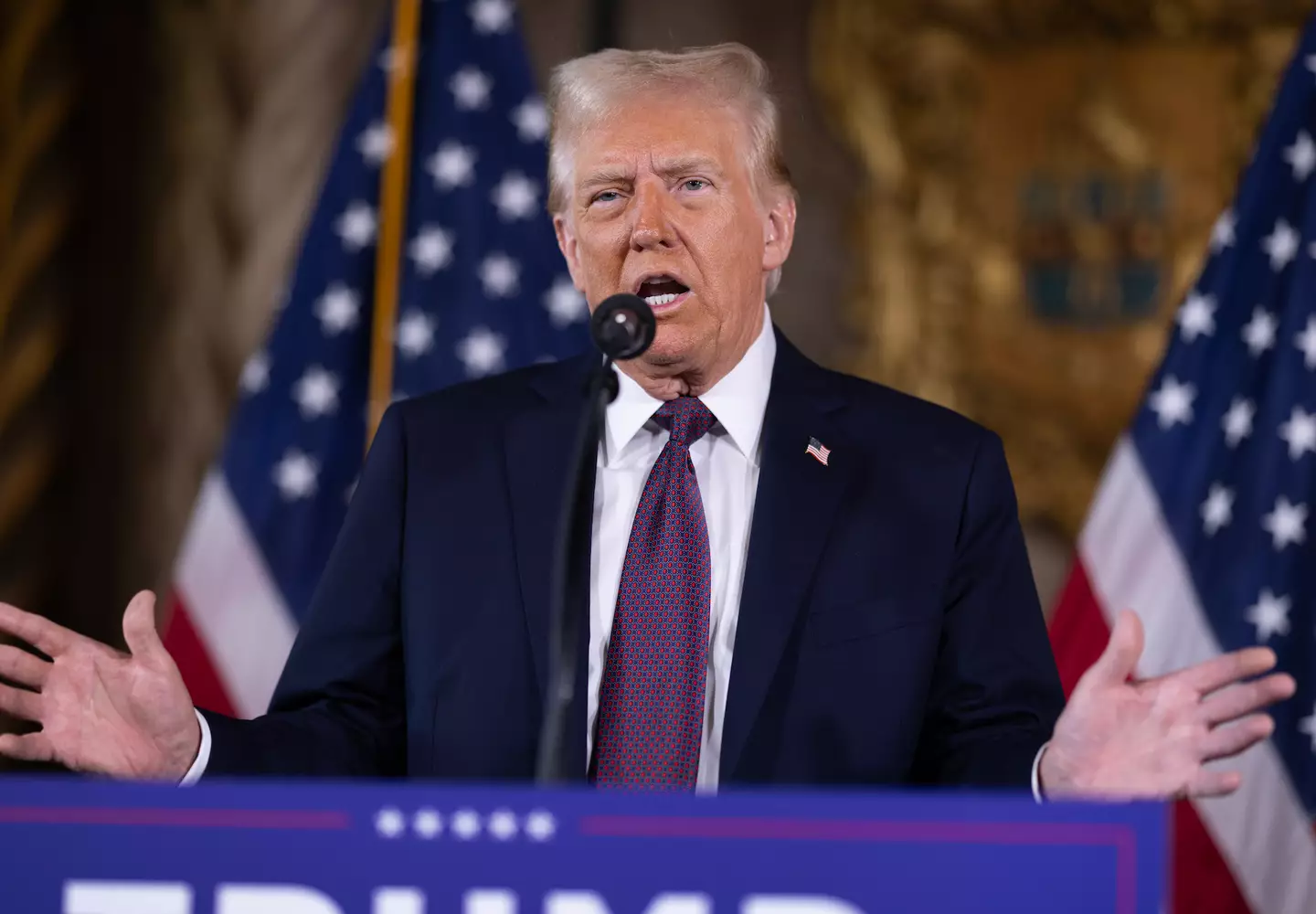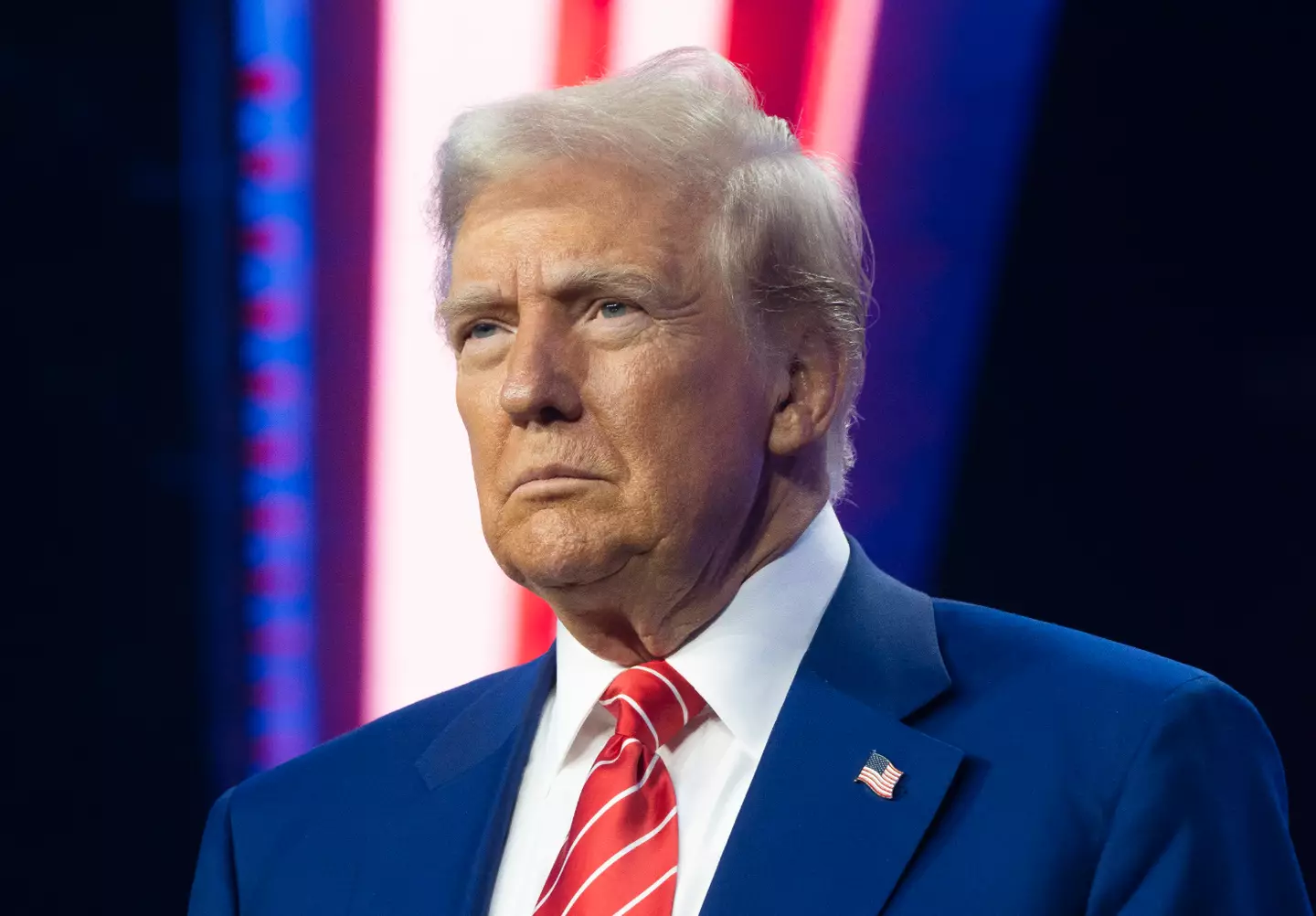Donald Trump has received a sentence in his criminal hush money case after the New York Court of Appeals denied his request to halt the proceedings.
The soon-to-be president received his sentence after being found guilty in May 2024 on 34 felony counts of falsifying business records in relation to a payment made to adult film star Stormy Daniels, who claimed to have had a sexual encounter with Trump.
The $130,000 'hush money' payments were found to be intended to boost Trump's electoral prospects when he ran for president in 2016.

Trump has denied the claims made by Daniels (Scott Olson/Getty Images)
The crime came with a maximum sentence of up to four years in prison, though New York Judge Juan Merchan previously indicated plans to sentence Trump to an unconditional discharge.
Merchan said such a sentencing would be the most 'viable solution' to the case.
Prior to the sentencing, lawyers for Trump asked the Court of Appeals to halt the sentencing as they claimed going ahead would cause 'grave injustice and harm to the institution of the presidency'.
Now, speaking today (January 10), Merchan described Trump's case as a 'truly extraordinary', CNN reported, and proceeded to give the sentence the President-elect to an unconditional discharge — as expected.
Under New York state law, this is a sentence imposed 'without imprisonment, fine or probation supervision', says MSNBC.
These are typically given for the least-serious offences such as very minor thefts, Sentencing Council explains.

Trump will become president on January 20 (Rebecca Noble/Getty Images)
Trump's lawyer Todd Blanche previously argued that the sentencing could impinge on Trump's transition into the Oval Office, which is set to take place on January 20.
Blanche described the transition as 'a process that directly concerns the United States of America’s national security and vital interests'.
But lawyers for Manhattan District Attorney Alvin Bragg hit back at Trump's request to halt the sentence, pointing out that a president-elect does not have access to the same immunity as the actual president.
In a filing, the prosecution's side wrote: "The President-elect is, by definition, not yet the President. The President-elect therefore does not perform any Article II functions under the Constitution, and there are no Article II functions that would be burdened by ordinary criminal process involving the President-elect."
The lawyers added: "And notwithstanding defendant's past and upcoming service as President, his history, character, and condition - and especially his open disregard for the justice system - do not support dismissal."


)
/cdn.vox-cdn.com/uploads/chorus_asset/file/25654311/STK302_WORDPRESS_A.jpg)

/cdn.vox-cdn.com/uploads/chorus_asset/file/24090220/STK171_VRG_Illo_2_Normand_ElonMusk_02.jpg)












 English (US) ·
English (US) ·